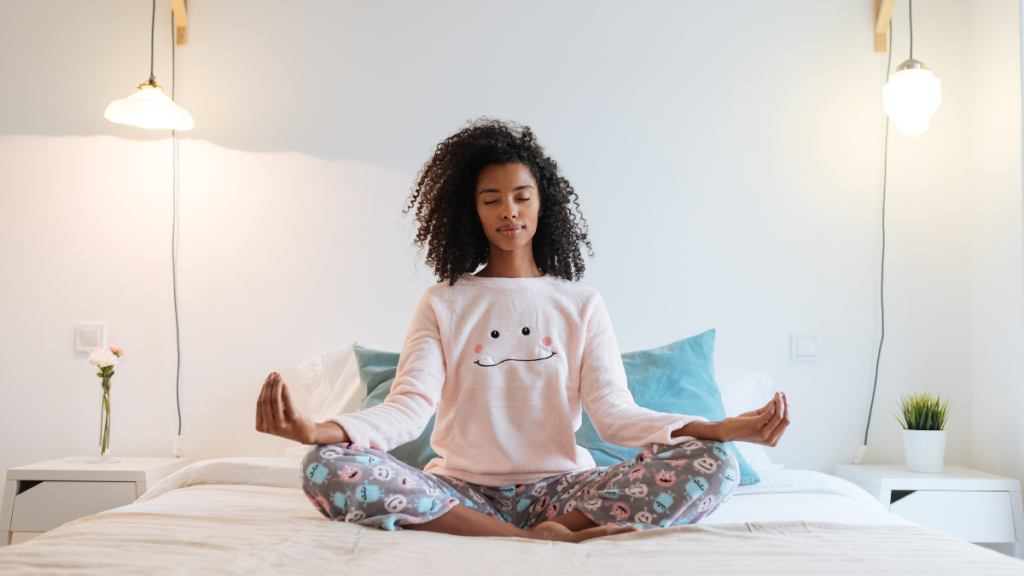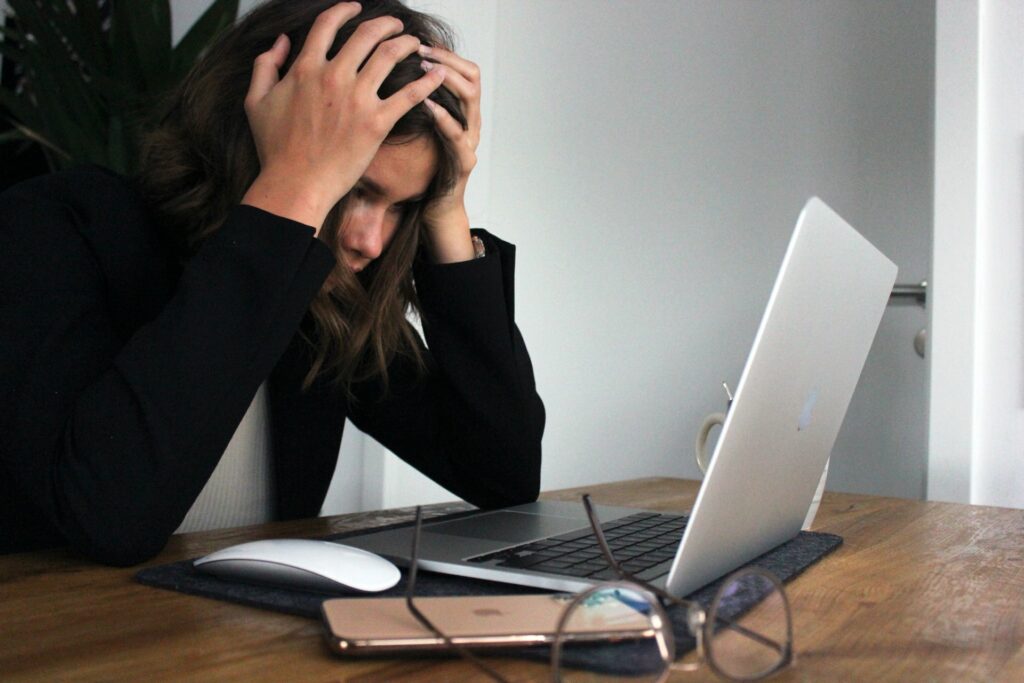Meditation for beginners

We live in a demanding world — with hyper-connectivity and constant digital overload putting us under more pressure than ever before. For many of us, our stress levels have heightened as a result. Nowadays, trivial experiences, such as a traffic jam or work deadlines, can trigger our anxiety almost instantly, with one of the worst-case scenarios being a full-blown panic attack. Meditation is a powerful skill that can reduce stress, lessen symptoms of anxiety, and calm a panic attack. With practice, meditation can become a power switch, allowing us to turn off our non-stop lifestyle for a much-needed break and a chance to recharge our mind and body. The key to medication is practice. If you’re meditating for the very first time, you may find…







